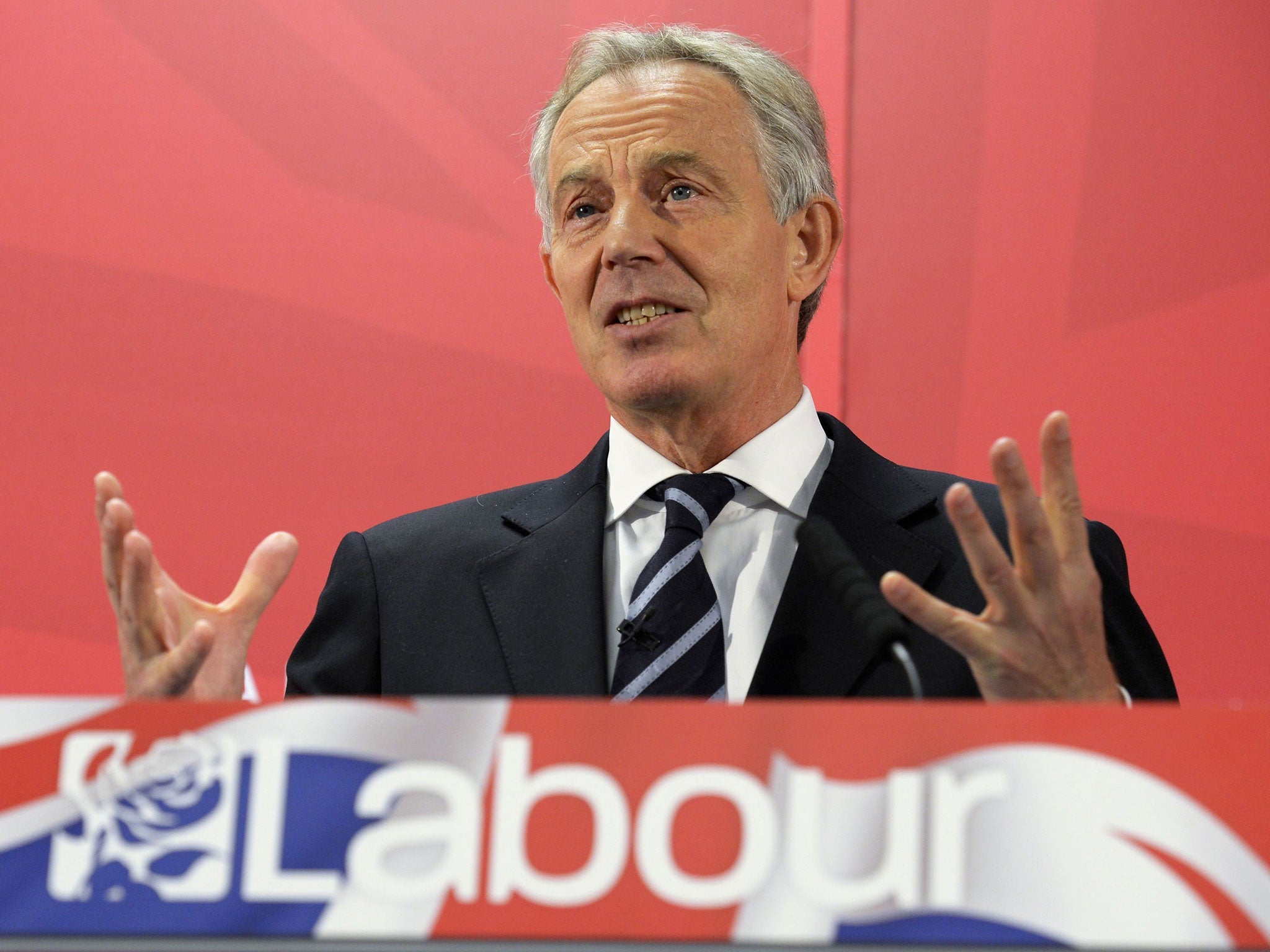As a psychiatrist, I find the emotional reactions of the Anyone But Corbyn camp interesting
The idea that Labour could win enough seats in the South to get a Labour majority without winning any back in Scotland is classically illogical wishful thinking

Your support helps us to tell the story
From reproductive rights to climate change to Big Tech, The Independent is on the ground when the story is developing. Whether it's investigating the financials of Elon Musk's pro-Trump PAC or producing our latest documentary, 'The A Word', which shines a light on the American women fighting for reproductive rights, we know how important it is to parse out the facts from the messaging.
At such a critical moment in US history, we need reporters on the ground. Your donation allows us to keep sending journalists to speak to both sides of the story.
The Independent is trusted by Americans across the entire political spectrum. And unlike many other quality news outlets, we choose not to lock Americans out of our reporting and analysis with paywalls. We believe quality journalism should be available to everyone, paid for by those who can afford it.
Your support makes all the difference.As a psychiatrist, I have been captivated by the reaction to Corbynites in the Labour leadership contest. Those who back Corbyn are being labelled by other Labour party members as more emotionally volatile and less predictable, grounded by the elder statesmen on the leadership side of the divide who see backing Anyone But Corbyn as a sign of maturity and calm. The Corbyn backers are said to be “in trauma” and their reaction is an “emotional spasm” to the shock of the general election. Less charitably they have sometimes been described as “not normal”, “narcissistic” or even “mad”.
This type of psychological labelling of the “out group” is very interesting. As individuals, and as a society, we have a tendency to adhere to the belief that we are driven wholly by the superior realm of facts and logic rather than the whimsical realm of emotion. We see emotion as the unreliable and, often, undesirable facet of human nature. Particularly in the West, many would rather reject the fuzziness of emotion wholesale, in favour of a world in which we are rooted solely in the solid ground of reason.
Every thought has an emotional substrate behind it. Every judgement we make will, in part, be a product of our underlying emotional terrain. That doesn’t make it right or wrong; it’s just how we work. In fact, what could possibly be wrong with our emotions affecting our judgments and behaviour? After all, our emotions are the net with which we capture the world around us.
In my experience, the problem is not when we are driven by emotion - the problem is when we don’t know that we are. Emotional maturity is not about being able to put our emotions to one side and “get on with things”, but, in fact, about maintaining a deeper awareness of our emotional world, from one moment to the next so that, through that, we can find a way to act in accordance with our values. The difficulty arises at times when we are unable to do this. The more fused we are to our world of thought, the less able we are to see the emotional foundation from which it arose. That’s why those with the most strident of opinions are often the ones who will admit least that their views have arisen from emotion.
This is why I am concerned when we hear from certain politicians and commentators that those backing Corbyn are the ones who are going through some kind of meltdown, while the rest have somehow risen above emotional reactions. Ironically, their immediate reactions to Corbyn’s rise are perhaps the most emotional of all. The assessment by the Anyone But Corbyn camp is as subject to assumptions and wish fulfilment as anyone else’s.
The idea that Labour could swing far enough to the right to win enough Tory voters in England to form a majority, without winning back any support in Scotland – and without simultaneously losing a swathe of seats in its remaining heartlands, as a result of the disillusionment it evokes - is based on just as much wishful thinking as others accuse Corbyn supporters of using. They have no more right to describe themselves as “realists” than anyone on the other side.
For me, the healthiest debate is one in which people bring their emotions to the table – rather than resist them in the suffocating pretence that they can be supressed. For that, a space needs to be created in which all can speak freely, without fear of being ridiculed, side-lined or pathologised, for it is through such discourse that real and creative change can emerge.
Corbyn has returned a vibrancy to our body politic that has been long overdue. If he is smart, he will see an electoral strategy in this itself. Giving people a say in how they’re governed is as much in keeping with the tide he is riding as any of his individual policies are. Allowing the public to deliberate (perhaps through citizen’s juries) and then vote directly on issues that affect them, where called for by petition, would be a way of keeping patent the very space that he has almost inadvertently opened. An openness to radical ideas like this would demonstrate that, far from being a howl of anguish, the surge that brought his campaign alive was actually the birth pangs of a new politics.
Join our commenting forum
Join thought-provoking conversations, follow other Independent readers and see their replies
Comments